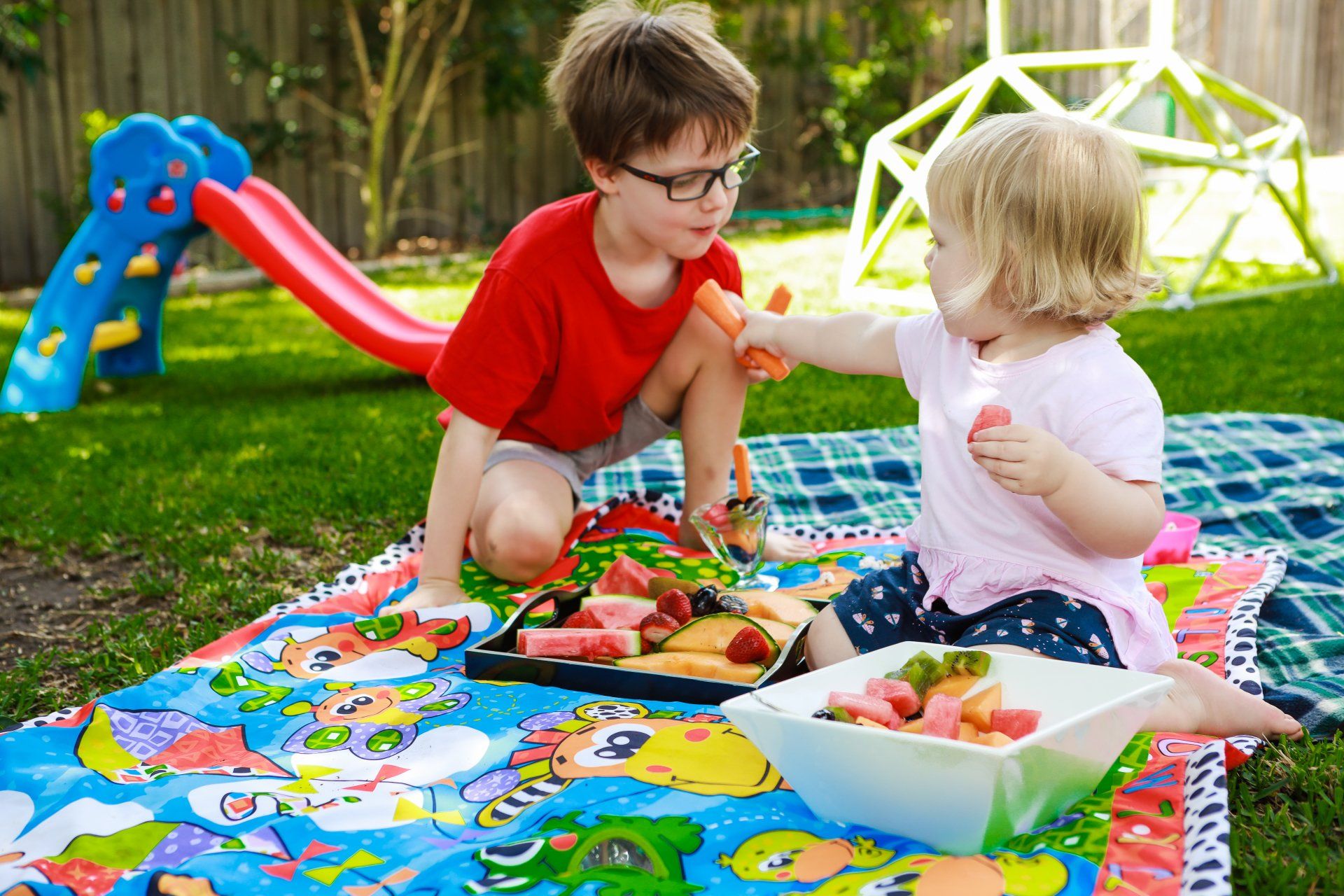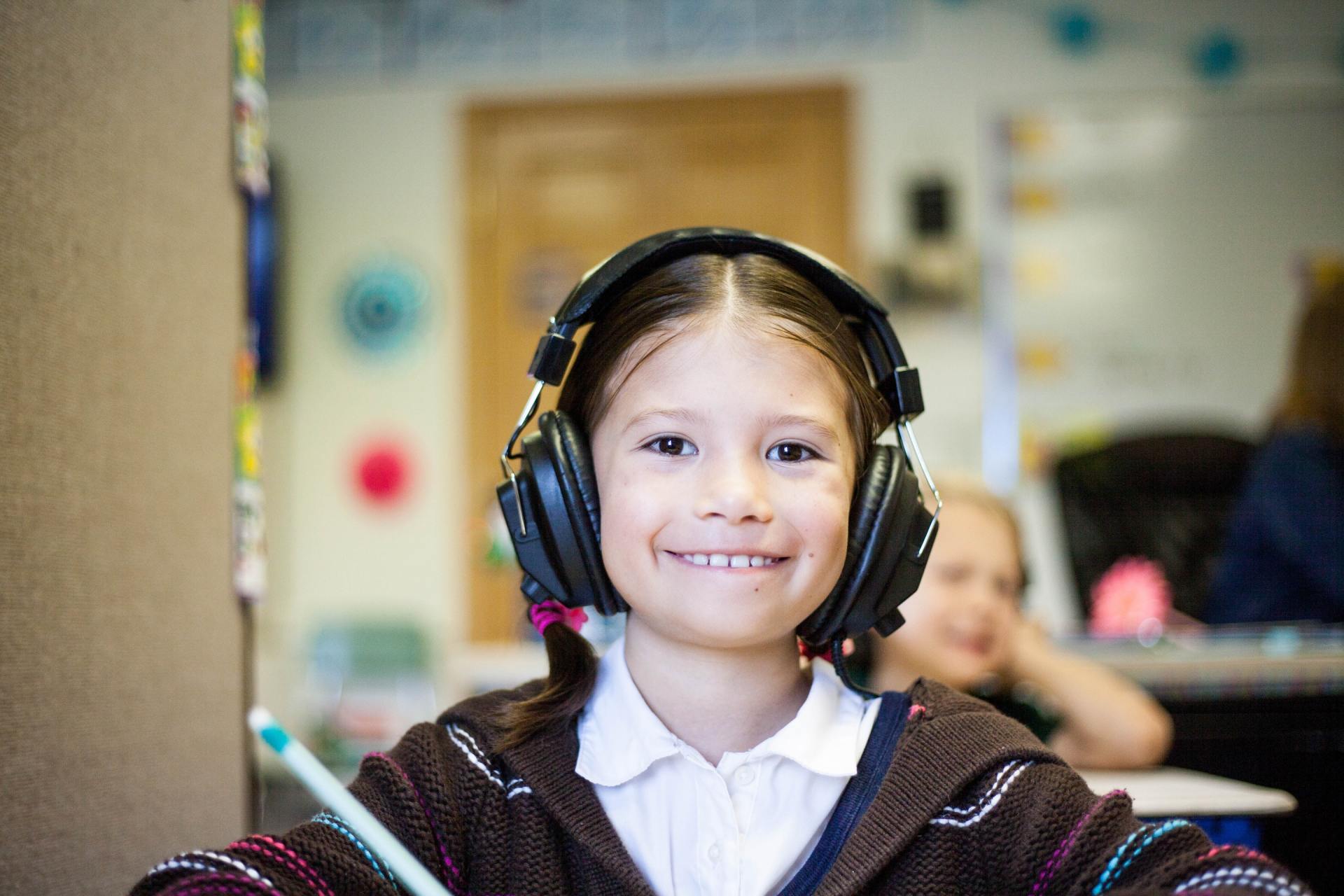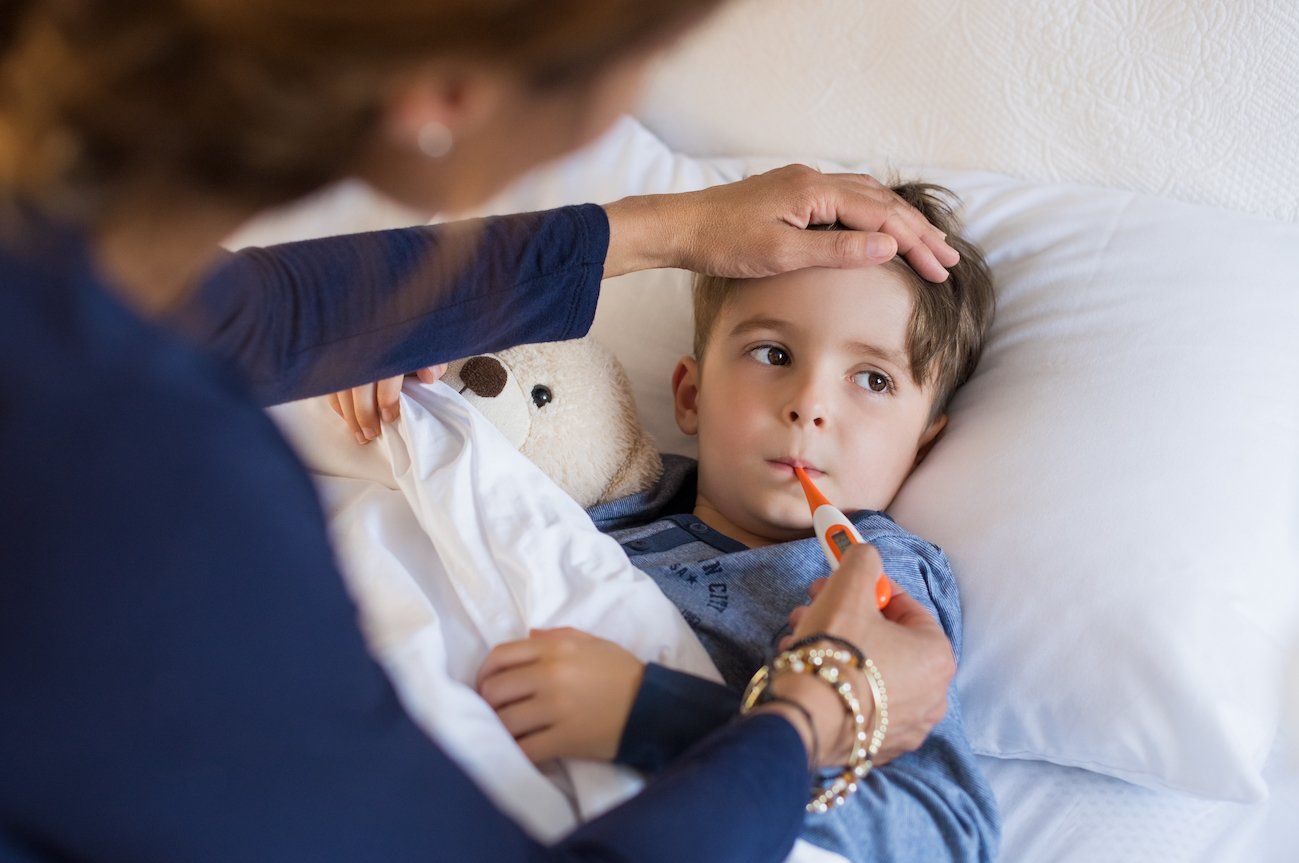A Parents Guide to School Refusal
Harriet Horton
During the Covid-19 pandemic, significant stresses have been placed on children and their families, despite expectations to effectively adapt and cope with the ambiguity and additional challenges. Accordingly, this has resulted in increased levels of worry and anxiety in kids, in particular, vulnerable children and adolescents. School refusal is an increasingly widespread issue. It is maintained by the intense negative emotions present when an individual is at school, which can be related to anxiety and depressive disorders, adjustment issues and social challenges. The following article provides an outline of school refusal, as well school refusal strategies for navigating your child’s reluctance to attend.
What Is School Refusal?
School refusal is a child’s decreased participation or disengagement from the expectations and norms surrounding involvement and attendance at school. On the one hand, school refusal can be clearly identified as refusing to physically attend school, however disengaging behaviours can be a precursor to further school refusal down the track. These early warning signs may include:
- Pleading and arguments surrounding attending school;
- Feeling sick before or during school;
- Avoiding school-related activities, for example, getting ready in the morning or completing homework in the afternoon; and
- Increased distress and anxiety prior to and throughout the school day.
Is School Refusal A Disorder?
Whilst school refusal is not a disorder in itself, it can be indicative of an underlying mental health issue, or lead to mental health disorders, specifically anxiety and depressive disorders. School refusal can also lead to other issues including a reduction in social relationships and poorer academic outcomes. Anyone parent who has been on the receiving end of a child refusing school can understand that it negatively impacts the mental health and wellbeing of family members.
What happens if a child refuses to go to school in Brisbane?
In Queensland, it is compulsory for children to attend school between the ages of six and a half years to 16 years (or until they complete Year 10).
For more information on School Attendance in Queensland and further resources, please see the Queensland Legal Aid compulsory schooling
page, and Queensland Health's page on school absenteeism and student attendance.
What Can You Do If Your Child Refuses To Go To School?
If your child is refusing to attend school, there are a number of conservative strategies and treatment options to support your child in re-engaging effectively. Currently, the most effective school refusal intervention is implementing a collaborative and multidisciplinary approach for reintegration into school. This involves working with a supportive school staff member, a treating psychologist and you as a parent, to develop a graded return to school for your child. This graded approach may involve initially decreasing the expectations of your child, for example, removing or reducing homework and assignments, or reducing your child’s school hours for a period of time, working towards full participation.
Supportive school staff will be paramount in creating alternative options for your child’s school participation, and to ensure they feel welcome and supported in the school environment. A treating psychologist can provide cognitive-behavioural therapy, an evidence-based therapeutic intervention which targets the unhelpful thoughts impacting on your child’s ability to attend school, whilst providing practical strategies, such as relaxation techniques and behavioural experiments, to re-engage in school with a mindful and graded approach.
We'll discuss some strategies for parents below. These include:
- Normalise Big Emotions;
- Communicate and Problem Solve;
- Communicate with Your Child’s School; and
- Maintain Routines.
School Refusal Strategies
Normalise Big Emotions
As a parent, it is important to normalise and validate the very real emotions surrounding school – everyone feels anxious, worried, nervous or upset sometimes. However, it is also important to encourage your child that our brain can be like an over-protective friend: it tries to protect us from doing challenging things outside of our comfort zone - missing out on things that can be positive experiences.
Communicate and Problem Solve
When your child is becoming reluctant to attend school, it is important to have an open and supportive conversation around the causes of the worries and anxieties. Make sure to give your child the opportunity to speak openly about their feelings in a non-threatening and supportive manner – school refusal tends to stem from anxieties, not bad behaviour. For example, it may be helpful to start the conversation by saying, “I have noticed you are feeling upset before you head off to school, is there something causing you to worry?”.
When specific concerns have been identified, work together with your child to create some realistic solutions. Are they struggling with learning and may require additional learning support? Is your child anxious about friendships and break times, and may benefit from a semi-structured play setting?
Remember, kids can take time to share what is worrying them. Although it can be hard when you're frustrated, staying emotionally available and being around when they decide to confide is really important.
Communicate with Your Child’s School
It is important to inform your child’s teacher or school support person of the issue at hand. Primarily, school staff can help put in place realistic strategies and additional supports in the school environment to help reduce the stressors on your child, whether this be through reduced homework, break-time support or exclusion from anxiety-provoking activities. They may be able to shed light on any conflict with your child's peers. Additionally, if your child is not attending school, staff can provide you with an outline of the work for them to do at home and to help ensure they do not fall behind academically.
Maintain Routines
If your child does miss school, it is strongly recommended that, as parents, you maintain predictable routines that parallel a normal school day. This may involve ensuring your child maintains the same morning routine, has lunch at the same time from a packed lunch and completes schoolwork throughout the day. Communicate with your child’s teacher to identify schoolwork that can be done from home to keep them busy and up to date with their learning as much as possible. Following the school routines at home aims to reduce the additional factors of your child wanting to stay home: if they are allowed to sleep in, watch TV and play computer games at home, this will only increase the reluctance to return to school. Whilst this can be very challenging in the short term, it will greatly help reduce the motivation to continue to refuse school.
School Refusal Behaviour Plans
School refusal behaviour plans are developed to provide an outline for your child for graded reintegration into the classroom. These plans are collaboratively developed with yourself as a parent, the school support staff and a treating psychologist to form a step-wise guide for full reintegration, which is realistic and includes appropriate strategies for when issues arise.
The plan should not be time-limited, but contingent on your child’s ability to complete the prior stage, and it is important to include strategies and alternative tasks for your child to do at school when they are feeling anxious or are disengaging. Additionally, integrating rewards into the school refusal behaviour plan will be paramount in increasing your child’s motivation to return.
How Can Growlife Medical Help With School Refusal?
Growlife Medical will work with you and your family to navigate these challenging circumstances. A visit to your GP can provide you with a Mental Health Care Plan to facilitate access to a psychologist, as well as address any medical-related factors impacting school attendance. Individuals can now access up to 20 Medicare-rebated sessions with a psychologist, to provide thorough and ongoing support for you and your family.
The psychologists at Growlife Medical will complete a thorough assessment of your child to identify key issues maintaining the school refusal, and provide evidence-based therapeutic interventions to increase your child’s coping abilities, as well develop a realistic and integrated return to school plan. For more information regarding how Growlife Medical can help you and your child, please contact us on 07 3154 2393.
We are also Brisbane's leader in
Telehealth Consults,
Growlife Medical
now provides easy and secure
Telehealth Consults
with your doctor. You can easily
book online
or over the
phone, for a video or phone consult with your GP. All
Growlife Medical Doctors
in all or our general practice locations are available for
Telehealth consults.











